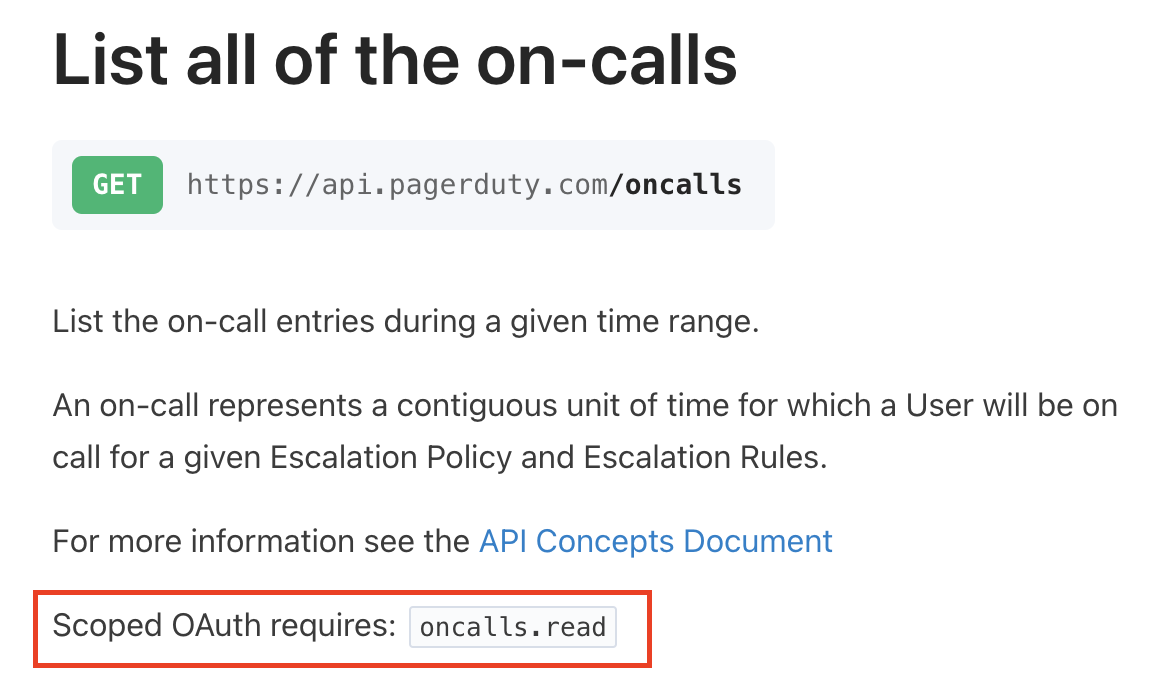Hello,
We have some current automation posting to the enqueue endpoint to trigger alerts for our on-call individuals. These posts include the routing keys created by setting up an integration for each service using the Microsoft Flow integration. We’re currently migrating our workflows to another RPA tool instead of Flow and have rebuilt the functionality, but curious if there’s a generic API key.
Is there a recommended/best practice method of triggering events/alerts via REST API for each service directory? We looked into the OAuth method, but this does not seem to be useful for events/alerts.

